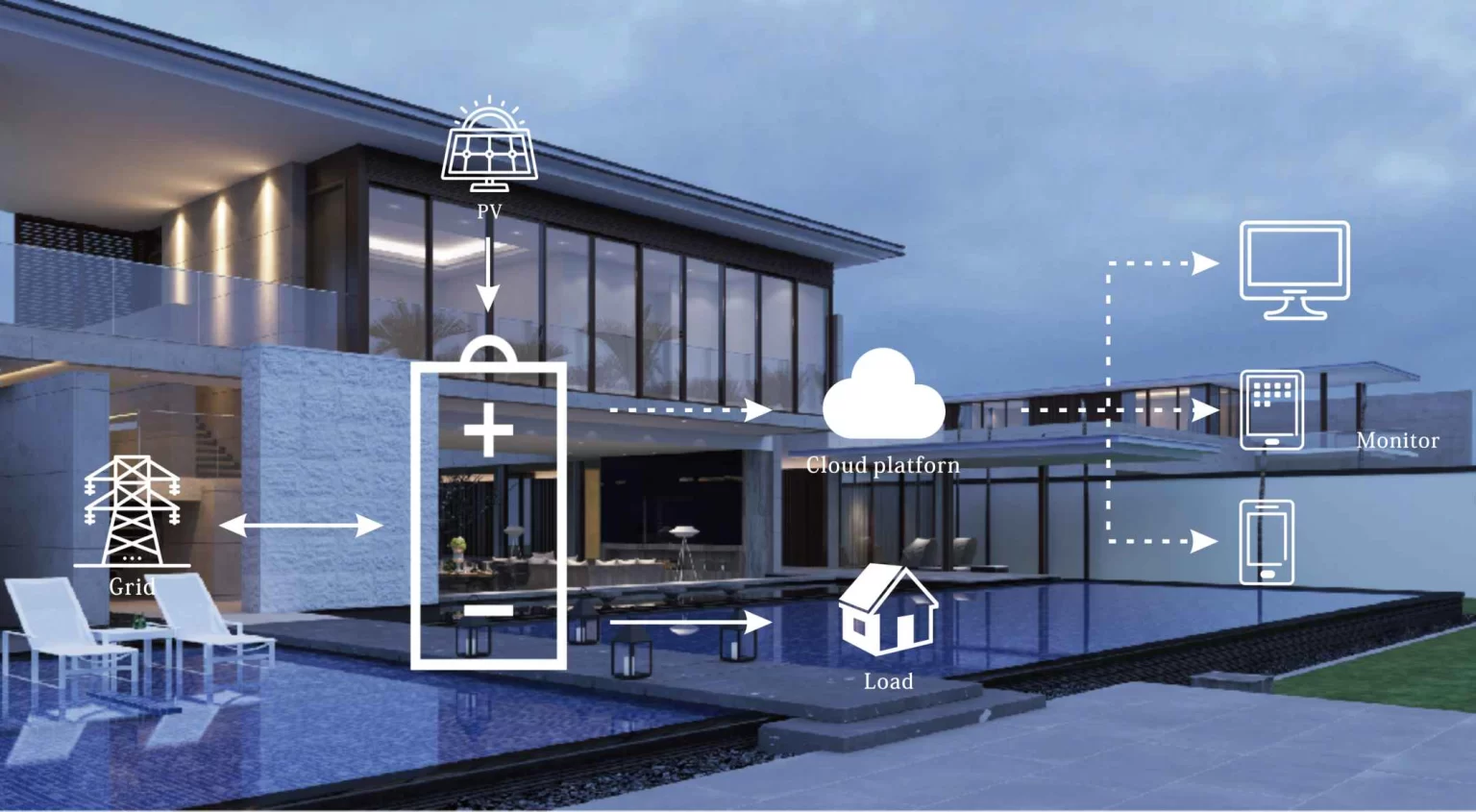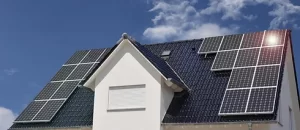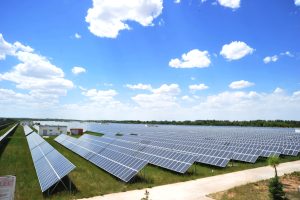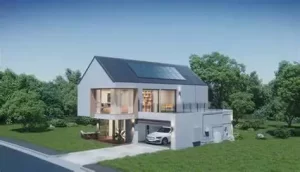The Advantages of Home Energy Storage: More Efficient Household Energy Management and Independence
In today’s homes, energy management and independence have become increasingly important, especially against the backdrop of fluctuating energy prices and climate change. Home energy storage systems, which store excess electricity, provide a more efficient energy management solution for households, helping to achieve energy independence and reduce reliance on the grid.
How Home Energy Storage Works
Home energy storage systems typically consist of batteries that store excess electricity generated by photovoltaic (PV) systems. During the day, when the solar power system produces more electricity than the household needs, the surplus is stored in the batteries. In the evening or during periods of increased electricity demand, the stored energy can be used, providing round-the-clock power. This not only optimizes the efficiency of the home solar power system but also ensures continuous power supply during outages, with extremely low response times.
By supporting energy self-consumption, home energy storage systems further enhance energy independence. Self-consumption refers to the ability of homes or businesses to generate and consume their own electricity, reducing reliance on the grid and lowering electricity bills. Additionally, energy storage batteries help minimize energy waste by storing excess renewable energy generated during the day for later use.

Components of Home Battery Energy Storage
The most commonly used home battery energy storage systems today are lithium-ion battery systems, which generally consist of the following components:
- Battery Cells: Manufactured by battery suppliers and assembled into battery modules (the smallest unit of an integrated battery system).
- Battery Racks: Comprised of multiple connected battery modules that generate direct current (DC).
- Inverter: Converts the battery’s DC output to alternating current (AC).
- Battery Management System (BMS): Controls the battery operation and is usually integrated with factory-made battery modules.
The entire system works as follows: the solar panel is connected to a controller, which is then connected to the battery racks or banks where energy is stored. When needed, the current from the battery must pass through an inverter to convert it from DC to AC, which is then supplied to the selected household appliances through the meter.
How Home Batteries Improve Household Energy Management Efficiency
Home batteries not only store solar power but also ensure the reliability of the solar system. As the cost of solar power decreases and environmental benefits increase, home battery energy storage systems are becoming more widespread. These systems can be installed alongside a new solar power system or added later to an existing system to enhance reliability and efficiency.
The amount of energy stored depends on the battery capacity, typically measured in kilowatt-hours (kWh). Most households opt for a battery with a capacity of around 10 kWh, which provides enough power to run essential appliances like refrigerators, lights, and Wi-Fi systems. In the event of a power outage, a 10 kWh battery can supply power for 10 to 12 hours, depending on the devices being powered.
Economic and Environmental Benefits of Home Energy Storage
One of the most significant advantages of home energy storage batteries is the ability to increase the amount of self-produced energy consumed rather than relying on the grid. This concept of “self-consumption” not only reduces electricity bills but also helps avoid the risks associated with power outages. Achieving energy independence means that homes are no longer reliant on the public grid, protecting them from price fluctuations, supply instability, and blackouts.
Moreover, home energy storage systems play a crucial role in reducing carbon emissions. If the primary reason for installing solar panels is to reduce carbon emissions, adding an energy storage system allows you to maximize the reduction of greenhouse gas emissions and lower your home’s carbon footprint. Storing energy from a completely free and clean renewable source—the sun—is both environmentally friendly and cost-effective.
Conclusion
By installing home batteries and energy storage systems, you can optimize household energy management, save on electricity bills, and achieve energy independence. These systems not only improve your household’s energy management efficiency but also reduce reliance on the grid, helping you to navigate future energy price fluctuations and supply uncertainties. In summary, home energy storage systems are key technologies for achieving energy independence, saving on electricity bills, and enhancing household energy management efficiency.
When choosing a home energy storage system, remember that it effectively helps you achieve energy independence, save on electricity bills, and provides a more efficient household energy management solution. The combination of these technologies will make your home more self-sufficient and position you at the forefront of the energy transition.
Contact us
- Email:[email protected]
- Tel: +86 13651638099
- Address: 333 Fengcun Road, Fengxian District, Shanghai
Get A Quote Now!
Related product links are available directly
Site storage products:Site storage products 归档 – (energystoragecontainer.com)
Lithium Battery:Lithium Battery 归档 – (energystoragecontainer.com)
Read more

Home Solar Panel Selection Guide: Match Your Energy Needs
When it comes to optimizing your energy efficiency, understanding how to effectively stack your solar battery storage system is key. With increasing energy demands and the push for sustainability, many homeowners are looking into home battery solutions.

How to Stack Home Energy Storage?
When it comes to optimizing your energy efficiency, understanding how to effectively stack your solar battery storage system is key. With increasing energy demands and the push for sustainability, many homeowners are looking into home battery solutions.

Solar Generator Kit: Creating a Solution for Home Energy Self-Sufficiency
As homeowners look to reduce dependence on traditional power grids, solar generator kits offer a practical and sustainable solution. These kits combine essential components like solar pv modules, energy storage batteries, and inverters, helping households tap into renewable energy sources and achieve self-sufficiency.

Economic Analysis of Household Energy Storage Systems: Investment Returns and Cost-Effectiveness
As more homeowners consider installing home energy storage batteries and battery for home energy storage systems, evaluating the financial return becomes key.
